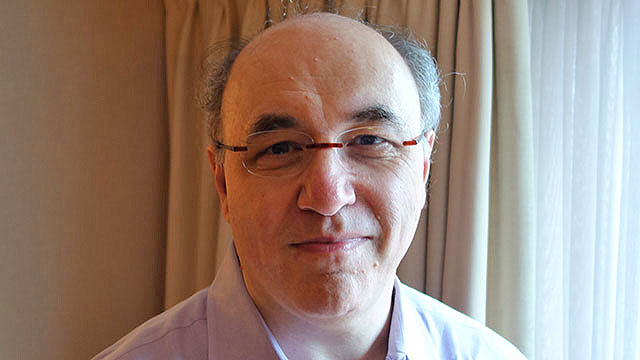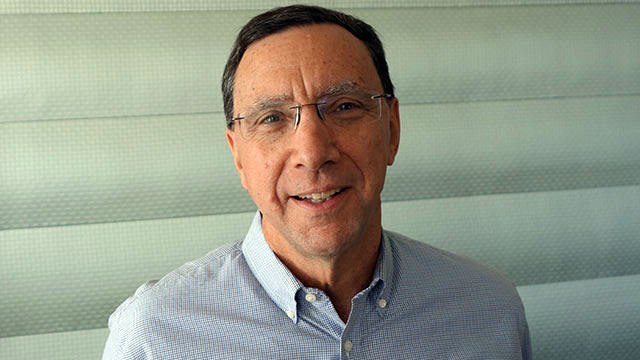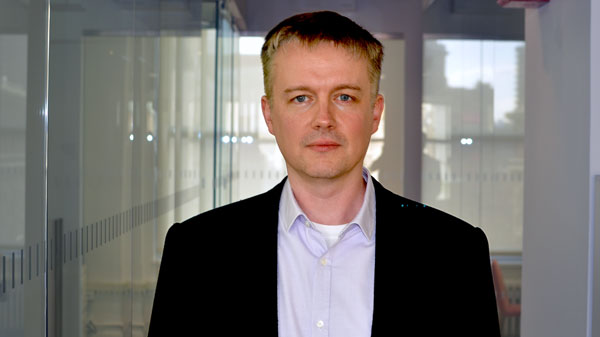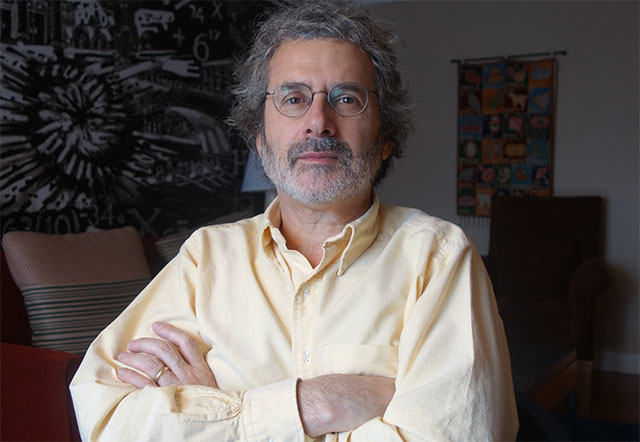The reasons why I'm engaged in trying to lower the existential risks has to do with the fact that I'm a convinced consequentialist. We have to take responsibility for modeling the consequences of our actions, and then pick the actions that yield the best outcomes. Moreover, when you start thinking about—in the pallet of actions that you have—what are the things that you should pay special attention to, one argument that can be made is that you should pay attention to areas where you expect your marginal impact to be the highest. There are clearly very important issues about inequality in the world, or global warming, but I couldn't make a significant difference in these areas.
JAAN TALLINN is a co-founder of The Centre for the Study of Existential Risk at University of Cambridge, UK as well as The Future of Life Institute in Cambridge, MA. He is also a founding engineer of Kazaa and Skype. Jaan Tallinn's Edge Bio Page
INTRODUCTION
by Max Tegmark
I find Jaan Tallinn remarkable in more ways than one. His rags-to-riches entrepreneur story is inspiring in its own right, starting behind the Iron Curtain and ending up connecting the world with Skype. How many times have you skyped? How many people do you know who created a new verb?
Most successful entrepreneurs I know went on to become serial entrepreneurs. In contrast, Jaan chose a different path: he asked himself how he could leverage his success to do as much good as possible in the world, developed a plan, and dedicated his life to it. His ambition makes even the goals of Skype seem modest: reduce existential risk, i.e., the risk that we humans do something as stupid as go extinct due to poor planning.
Already after a few short years, Jaan’s impact is remarkable. He is a key supporter of a global network of non-profit existential risk organizations including The Future of Humanity Institute, The Machine Intelligence Research Institute, The Global Catastrophic Risk Institute, The Centre for the Study of Existential Risk at University of Cambridge, and The Future of Life Institute, the last two of which he co-founded.
I’ve had the pleasure to work with him on The Future of Life Institute from day one, and if you’ve heard of our recent conference, open letter and well-funded research program on keeping artificial intelligence beneficial, then I’d like to make clear that none of this would have happened if it weren’t for Jaan’s support. If you’re an intelligent life form reading this text millions of years from now and marvel at how life is flourishing, you may owe your existence to Jaan.
MAX TEGMARK is a Physicist, MIT; Researcher, Precision Cosmology; Founder, Future of Life Institute; Author, Our Mathematical Universe. Max Tegmark's Edge Bio Page
EXISTENTIAL RISK
I split my activity between various organizations. I don't have one big umbrella organization that I represent. I use various commercial organizations and investment companies such as Metaplanet Holdings, which is my primary investment vehicle,to invest in various startups, including artificial intelligence companies. Then I have one nonprofit foundation called Solenum Foundation that I use to support various so-called existential risk organizations around the world.

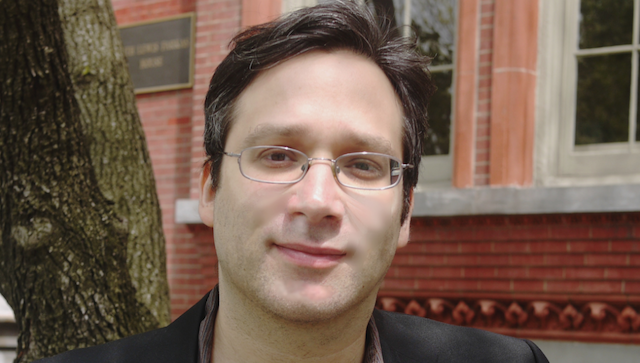
 What we need to do in artificial intelligence is turn back to psychology. Brute force is great; we're using it in a lot of ways, like speech recognition, license plate recognition, and for categorization, but there are still some things that people do a lot better. We should be studying human beings to understand how they do it better.
What we need to do in artificial intelligence is turn back to psychology. Brute force is great; we're using it in a lot of ways, like speech recognition, license plate recognition, and for categorization, but there are still some things that people do a lot better. We should be studying human beings to understand how they do it better.